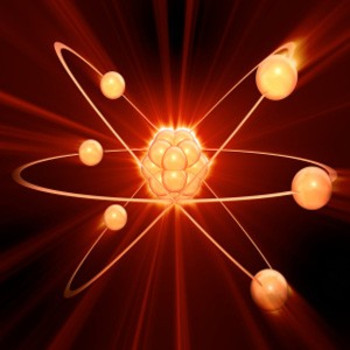What does PCR allow you to do with DNA?
1 Answer
Jul 30, 2016
Amplification.
Explanation:
PCR stands for Polymerase Chain Reaction and is a technique used to make many copies of a single framgent of DNA (amplification).
The image below shows the technique. You start with a fragment of DNA, mix it with:
- polymerases: enzymes that will copy the DNA
- nucleotides: the building blocks of DNA
- DNA primer: a piece of DNA to signal the enzymes where to start replication
Then you go to several cycles of:
- denaturation : by heating it the double stranded DNA will 'melt' apart
#-># single strands for replication - annealing : decrease the temperature to allow the primer to stick to the single strands of DNA
#-># start signal for replication - elongation : increase the temperature to allow the polymerases to start doing their work
#-># copied DNA
After several cycles you end up with a lot of copies of your DNA fragment. This can be used for further analysis.
 )
)

